Undergraduate Major Programs

Biology
Organismal Biology Emphasis
This major offers broad training in biological molecules, cells, organisms, communities and entire ecosystems and the study of the study of genetics, biochemistry, ecology and evolution. Immersive, hands-on experience prepares you for a satisfying career in myriad professions, with an emphasis on preparing for graduate or professional school.

Ecology and Evolutionary Biology
Explore evolutionary ecology and genetics in the first department of its kind in the world. Prepare to pursue graduate study or a career such as scientific journalism, developing environmental and scientific policy, or practicing law in related fields through core courses in genetics, ecology and evolution, and additional opportunities for independent research.

Environmental Science
The Biosphere Emphasis
Explore the interactions of microbes, plants, animals, and humans with their physical and chemical environments and learn how to apply biological principles to biodiversity while gaining a broad understanding of habitat conservation, restoration, and rehabilitation. Graduate with the expertise, confidence, and connections to solve environmental and human health challenges.
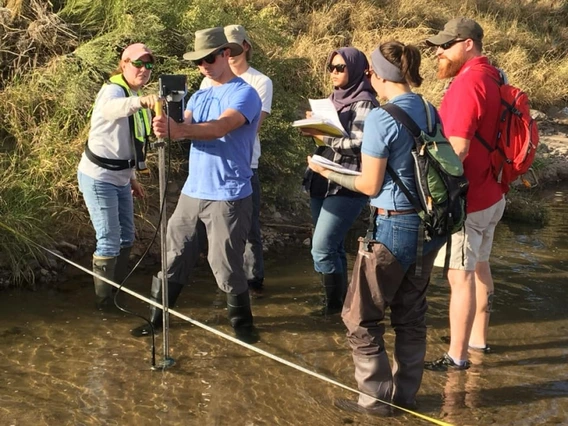
Hydrology and Atmospheric Sciences
Environmental Hydrology and Water Resources Emphasis
Learn about the interplay between water, nature and humans, quality and quantity of various water supplies, how water flow affects the environment, drought, flooding, pollution, precipitation, and more while preparing for a career that helps communities and conserves the environment.
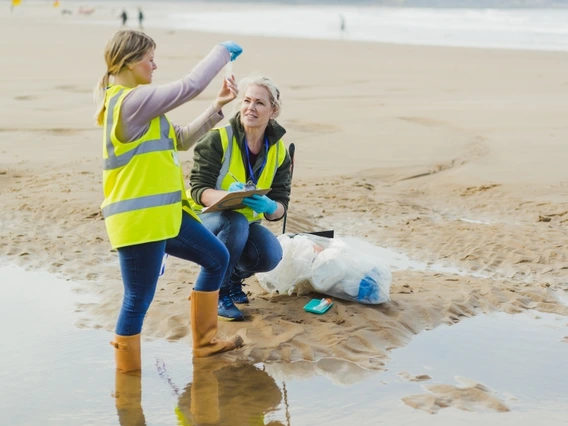
Natural Resources
Conservation Biology Emphasis
Study conservation of invertebrates, vertebrates, plants, fungi, microbes and scientific disciplines through coursework in policy, planning, and economics while acquiring highly desirable science and social-science skills and real-world experiences to pursue a career as a conservation biologist, conservation planner, environmental educator, researchers natural resource managers, or ecologist.
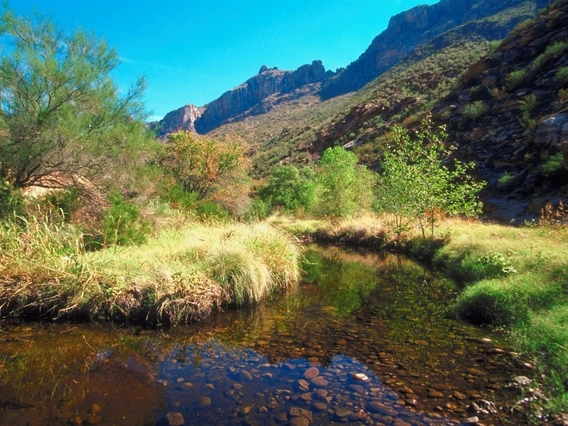
Natural Resources
Ecology, Management and Restoration of Rangelands Emphasis
Rise to the challenge of sustainably repairing and responsibly managing ecological systems with this degree, which focuses on resource management and restoration by building a strong foundation in the biological, physical, ecological and botanical sciences and field courses, internships, lab work, and opportunities to join research and restoration projects.
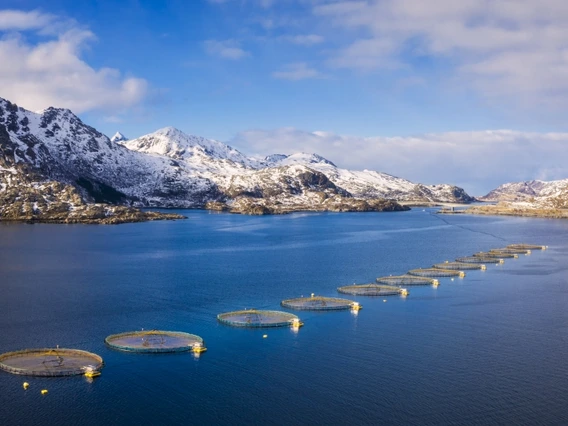
Natural Resources
Fisheries Conservation and Management Emphasis
Prepare for a career as a fishery biologists who develops strategies to maintain biodiversity and habitat, helps rare and endangered species to recover, manages populations of harvested animals, enforces laws, monitors plant and animal populations, manages refuges and hatcheries, designs and implements research projects, eliminates invasive species, develops computer models, and educates the public.

Natural Resources
Watershed Hydrology and Management Emphasis
Prepare for a career as a hydrologist or careers in organizations and businesses concerned with integrated land management, the environment or water resources with specialized coursework in ecology, ecosystem science, social science, communication, policy analysis, and the management of surface water resources.
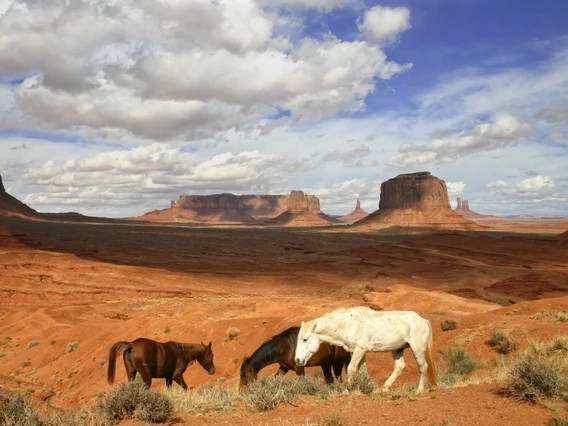
Natural Resources
Wildlife Conservation and Management Emphasis
Prepare for a career as a wildlife or fishery biologist, develop strategies to maintain biodiversity and habitat, help rare and endangered species recover, manage populations of harvested animals, monitor populations of plants and animals, manage refuges, implement research projects, eliminate invasive species, and educate the public.
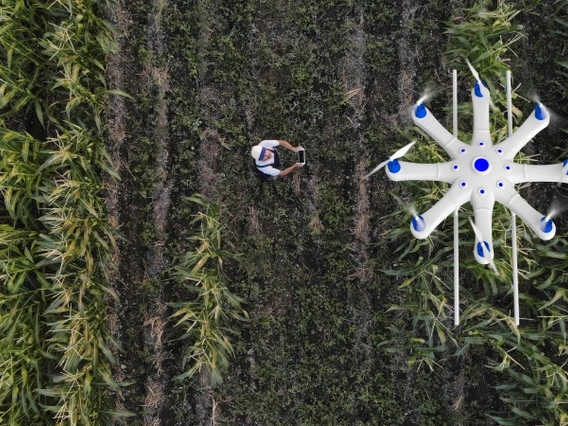
Sustainable Plant Systems
Agronomy Option
Discover plant systems that maximize production, conserve resources and minimize environmental damage with coursework from basic and applied plant and soil science in small classes and hands-on training. Students focus on developing low-water use and disease-resistant plants that maximize crop yield and plant health in fields where land size constrains production.
Pagination
Environmental Themes
Career Fields












